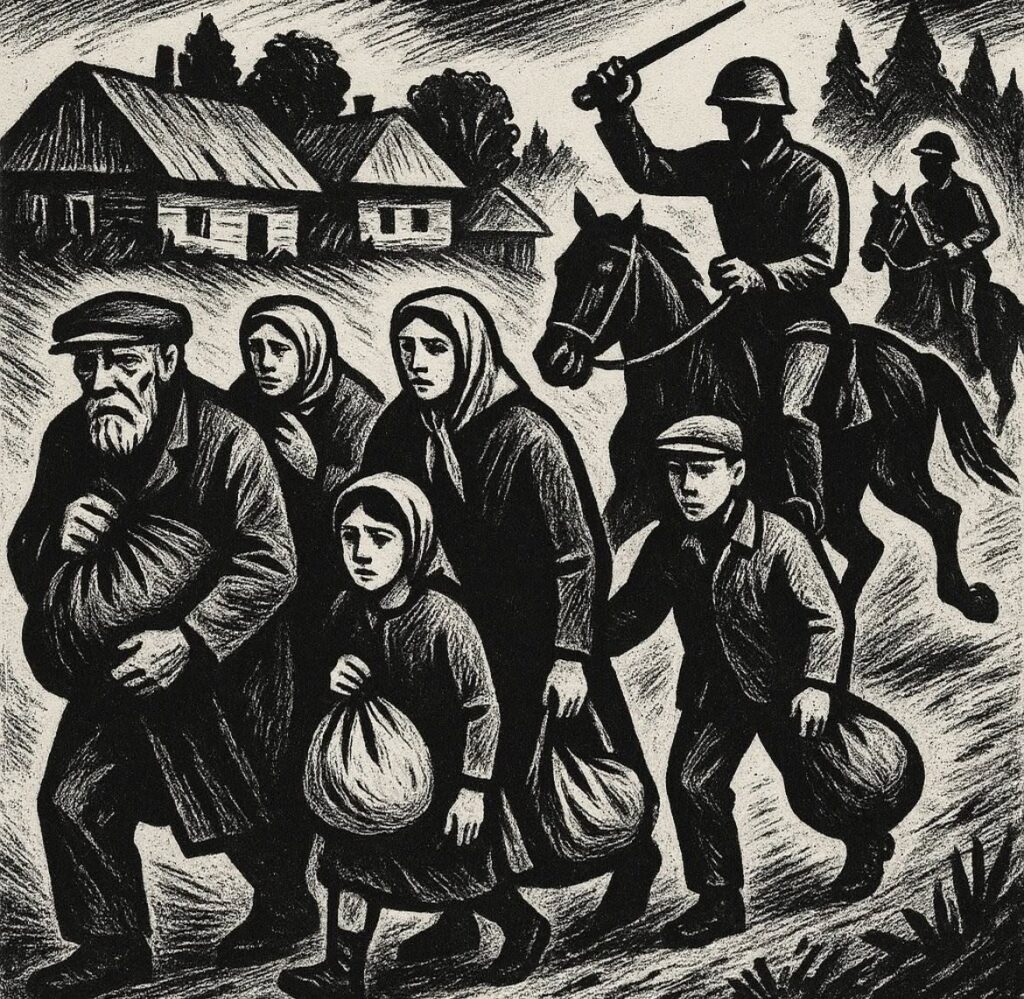Kyiv formally recognizes forced resettlement of 700,000 Ukrainians by Moscow and Polish communist authorities as deportation

Ukrainian President Volodymyr Zelenskyy has signed a law recognizing the forced resettlement of around 700,000 Ukrainians from the territory of communist Poland in 1944–1951 as an act of deportation.
The autochthonous population of Lemkivshchyna, Kholmshchyna, Nadsiannia, Pidliashshia, and other Ukrainian lands is the victim of the resettlement of the people, who were driven from their native homes by totalitarian regimes.
LTR reports that the draft law was first submitted in 2019 but has only now come into force after years of revisions and parliamentary hearings.
“It’s good that step by step, we’re achieving legal and historical clarity in these matters, and most importantly, without scandals or politicization of history,” says Anton Drobovych, former head of the Institute of National Memory.
Compensation and benefits for deportees and their descendants
The new law guarantees compensation for material and moral damages to victims and their descendants. One-time financial aid is envisioned, along with benefits similar to those granted to war veterans, including free public transportation and discounts on intercity travel.
Historical justice backed by legal recognition
The deportation of Ukrainians was carried out under agreements between the USSR and the Polish communist regime. Operation Vistula in 1947 was the largest-scale phase, when over 140,000 Ukrainians were forcibly relocated to northern and western Poland.
In 2002 and 2004, respectively, Poland’s Constitutional Tribunal and the European Court of Human Rights recognized these resettlements as unlawful.
Since 2018, Ukraine has annually observed the Day of Remembrance for Victims of Ukrainian Deportations on the second Sunday of September. The law enshrines this date as a symbol of restored dignity and historical truth.